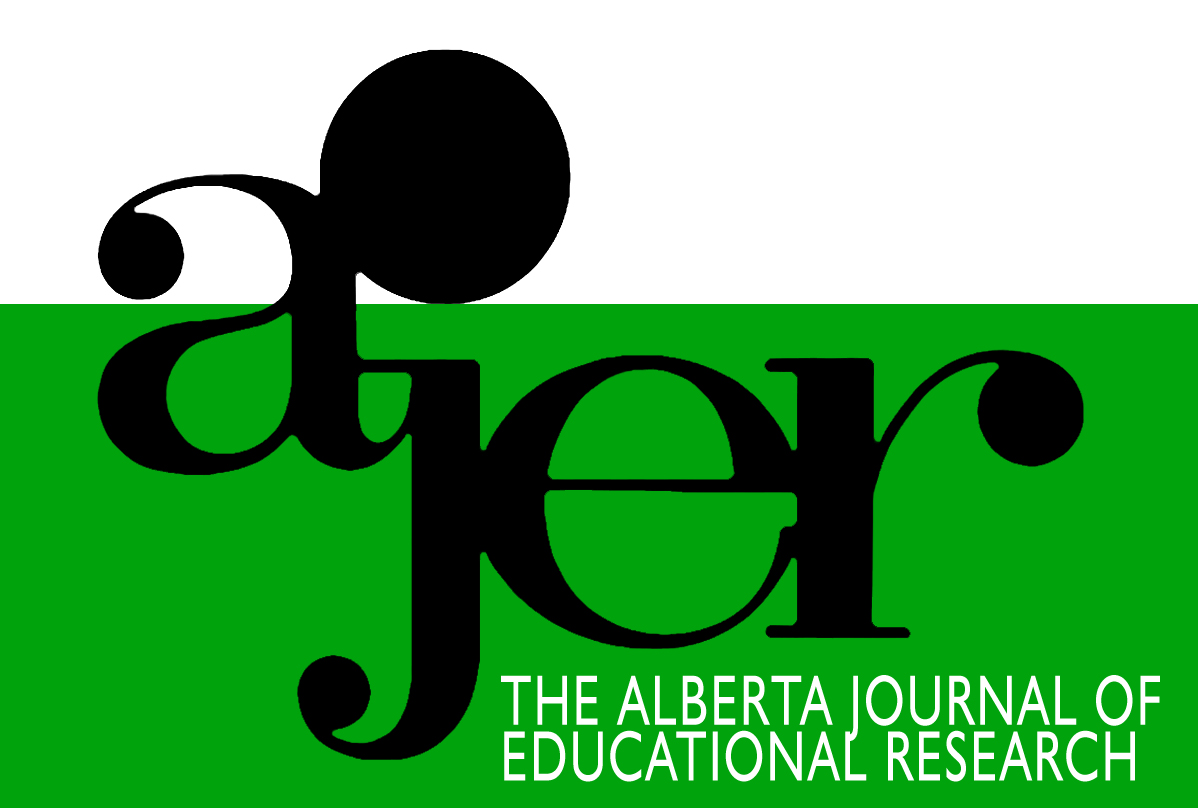Recognizing Non-Verbal Social Cues Promotes Social Performance in LD Adolescents
DOI:
https://doi.org/10.55016/ojs/ajer.v59i2.55667Keywords:
learning disabilities, emotion recognition, perception of emotion, social intervention, social skills, non-verbal communication, learning disabled adolescentsAbstract
The research examined whether an educational intervention could enhance the ability of learning disabled (LD) adolescents to recognize non-verbal emotional messages and thus their social functioning. Most LD children have problems recognizing non-verbal cues, particularly emotional ones, and have social difficulties. The study examined the validity of the theory of a link between ability to recognize non-verbal emotional cues and social functioning. According to this theory, the better the ability to recognize non-verbal emotional messages the better the social functioning. An educational intervention was devised to investigate this. The intervention included 12 lessons of 45 minutes each, twice a week for six weeks.
The study examined 77 Israeli LD, native Hebrew-speaking adolescents in grades 7-10. The results demonstrated the efficacy of the intervention in enhancing students’ ability to recognize non-verbal emotional messages. Students’ social functioning improved in two social parameters: empathy and social closeness. Students with borderline IQ benefited more from the intervention than students with normal range IQ, and boys benefited more than girls. The study suggests an effective practical tool for promoting social functioning among adolescents with LD.
Cette recherche a examiné dans quelle mesure une intervention éducative pouvait augmenter la capacité des adolescents ayant des problèmes d’apprentissage à détecter les messages émotionnels non verbaux et ainsi améliorer leurs comportements sociaux. La plupart des adolescents ayant des problèmes d’apprentissage éprouvent de la difficulté à reconnaitre les messages non verbaux, notamment ceux de nature émotionnelle, et ils manifestent des difficultés sociales. Cette étude a examiné la validité de la théorie selon laquelle il y aurait un lien entre la capacité à détecter les messages émotionnels non verbaux et le fonctionnement sur le plan social. La théorie soutient que mieux on reconnait les messages émotionnels non verbaux, mieux on fonctionne sur le plan social. Pour étudier cette théorie, nous avons conçu une intervention éducative impliquant 12 leçons de 45 minutes chacune, deux fois par semaine pendant six semaines.
Cette étude a porté sur 77 adolescents israéliens de langue maternelle hébraïque entre la 7e et la 10e année et ayant des difficultés d’apprentissage. Les résultats démontrent l’efficacité de l’intervention dans l’augmentation de la capacité des élèves de reconnaitre les messages émotionnels non verbaux. Le fonctionnement social des élèves s’est amélioré selon deux paramètres sociaux: l’empathie et la proximité sociale. Les élèves ayant un QI limite ont profité plus de l’intervention que ceux ayant un QI dans la gamme normale, et les garçons ont démontré plus d’amélioration que les filles. Cette recherche propose un outil pratique et efficace visant la promotion du fonctionnement social chez les adolescents ayant des difficultés d’apprentissage.
Downloads
Published
Issue
Section
License
UNIVERSITY OF ALBERTA COPYRIGHT LICENSE AND PUBLICATION AGREEMENT
If accepted, authors will be asked to sign a copyright agreement with the following points:
A. Where there is any inconsistency between this Copyright License and Publication Agreement and any other document or agreement in relation to the same subject matter, the terms of this Agreement shall govern.
B. This document sets out the rights you are granting in relation to publication of your article, book review, or research note entitled (the “Article”) through inclusion in the academic journal titled Alberta Journal of Educational Research (the “Journal”) published through the Faculty of Education, representing the Governors of the University of Alberta (the “Journal Editor”).
C. There will be no payment to you for this publication and grant of rights. In consideration of the agreement to publish the Article in the Journal:
1. You are warranting that:
- the content of the Article is your original work, and its content does not contain any material infringing the copyright of others; or, where the Article is not entirely your original work, you have obtained all necessary permissions in writing to grant the rights you are giving in this agreement;
- the content of the Article does not contain any material that is defamatory of, or violates the privacy rights of, or discloses the confidential information of, any other person;
- the Article has not been published elsewhere in whole or in part, and you will not allow publication of the Article elsewhere without the consent of the Journal Editor;
- the names of all co-authors and contributors to the Article are:
2. You agree to license the copyright in the Article to the Journal Editor, on a worldwide, perpetual, royalty free basis; and to the extent required by the terms of this agreement. You shall retain the right at all times to be acknowledged as the/an author of the Article.
3. You further agree that the Journal Editor has the entitlement to deal with the Article as the Journal Editor sees fit, and including in the following manner;
- The right to print, publish, market, communicate and distribute the Article and the Journal, in this and any subsequent editions, in all media (including electronic media), in all languages, and in all territories, ing the full term of copyright, and including any form of the Article separated from the Journal, such as in a database, abstract, offprint, translation or otherwise, and to authorize third parties to do so;
- The right to register copyright of the Journal;
- The right to edit the Article, to conform to editorial policy as the Journal Editor sees fit.
4. If any co-author or contributor to the Article does not sign this agreement, the Journal Editor reserves the right to refuse to publish the Article.



